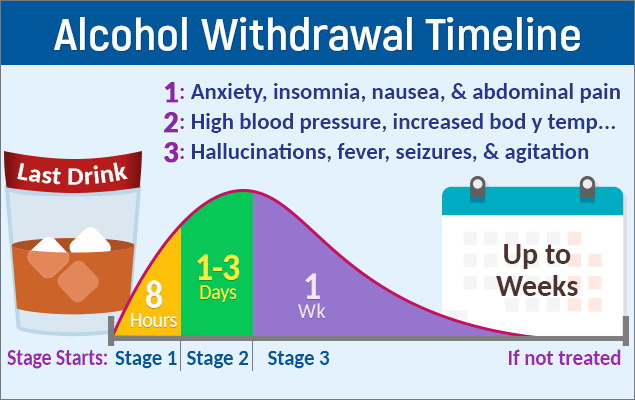This is a topic that deserves a lot of attention and that elicits the most surprise from people. Drinking is so socially acceptable and hangovers are the epicenter of jokes, movies, and, unfortunately, every day life. A hangover is the effects of your body withdrawing from alcohol. And that is not something to take lightly.
Withdrawal from alcohol starts somewhere around 8 hours after your last drink. Most people are aware of some of the most common symptoms; headache, nausea, vomiting, and overall feeling terrible. For more serious drinkers though, there are more serious symptoms that can take longer.
 addiction resource
addiction resource
Many people are not aware that alcohol withdrawal can be fatal. Unlike other drugs, there are some very serious issues that accompany the alcohol withdrawal process, especially if you are a long time alcohol abuser, and even more so if you have abused alcohol for more than ten years.
One of the most serious issues to watch for is what is called DTs, or Delirium Tremens. This is typically a product of long-term and continuous problematic drinking. Delirium Tremens causes major changes within the central nervous system, and disrupts your brain as it is detoxing from alcohol. You can feel anxiety, fearful, mood swings, sensitive to light and sound, higher body temp, and tremors. Just to name a few. Think about lounging in bed or on the couch, in a dark room, sweating profusely… sounds like a hangover, right? Most people can relate to these symptoms, just remember, if you are a long-time alcoholic, daily drinker, these symptoms can become more serious than just sleeping it off and eating a cheeseburger to get through.
Another danger of alcohol withdrawal is seizures. Grand Mal seizures, called tonic-clonic seizures, are caused by abnormal electrical activity in the brain.
Alcohol withdrawal symptoms usually begin very fast and in some reported cases; people have been seen having health issues just after 2 hours from their last drink and continued for weeks. Alcohol withdrawal symptoms can range from mild anxiety or trembling to seizures and delirium tremens (DT). Alcohol withdrawal symptoms can be very dangerous, so it’s very important to get medical help even when the symptoms are not that serious. seizures.doylan.com
The frightening thing about alcohol withdrawal for a chronic alcoholic, is you never know when basic symptoms are going to turn serious.
Alcohol affects every organ in our bodies, including the brain. And every organ has to withdrawal and recalibrate. Some of these effects take much longer to get back to normal and we refer to that as post acute withdrawal (PAWs). That’s another blog for another time!
If you are wondering if you have a drinking problem, or if someone close to you is drinking in a way that seems abnormal, check out this blog on how to identify Am I An Alcoholic.
Remember, a hangover is just a hangover, until it’s not. Be cautious with alcohol withdrawal, be aware of how much you drink and how much that raises the stakes. A good rule of thumb is to seek medical attention when you stop drinking, especially if you are a chronic drinker. It is better to be checked out and monitored than to end up in a dangerous and life-threatening situation at home alone.
If you have any questions or concerns, or you are looking for Addiction Help, please message us at help@kansascityrecovery.com.


One Comment on “Alcohol Withdrawal”
Pingback: Outpatient Rehab || Inpatient Rehab || Kansas City Recovery